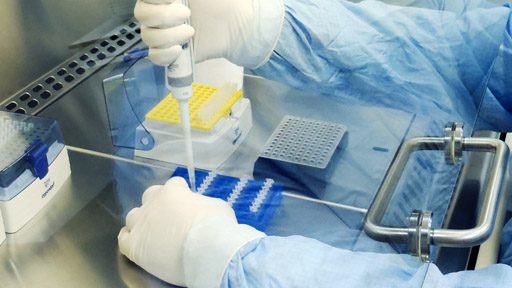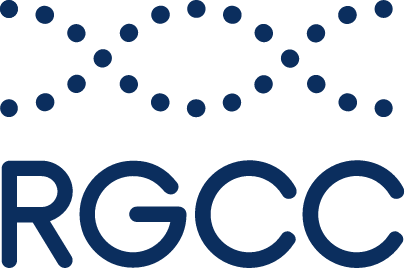Cancer mutation test could improve early disease detection

Researchers have developed a new method for assessing whether genetic mutations, passed from parent to child, increase cancer risk. They have identified 1146 genes, called cancer heritability genes (CHGs) that may increase a person’s likelihood of developing cancer during life. The new test could improve early diagnosis and the development of better-targeted treatments for patients.
In a new research paper, published in Cancer Research, a journal of the American Association for Cancer Research, scientists describe how they developed a new test, called Bayesian Gene HERitability Analysis (BAGHERA). The unique test can analyse multiple mutations that are individually subtle but could collectively cause cancer.
A project from the universities of Edinburgh, Oxford and Surrey analysed 38 cancers reported in the UK Biobank, a facility containing the genetic information from half a million UK patients. Using the BAGHERA test, scientists analysed multiple mutations together to assess their cancer risk. The new test provides a crucial insight into how multiple mutations work together to raise cancer risk.
The results revealed that these collective mutations contribute to the likelihood of developing cancer, including late-onset types such as prostate and bladder cancer.
“It is reasonable to think that inherited mutations in certain genes can give an advantage to malignant cells to escape the tumour defences in our cells,” said co-author Dr Giovanni Stracquadanio, Senior Lecturer in Synthetic Biology, Institute of Cell Biology, School of Biological Sciences, University of Edinburgh.
Scientists have established that specific genetic mutations can cause cancer, with the relationship between BRCA genes and breast cancer being the most prominent. However, the impact of multiple cancer heritability genes is little known.
The team’s next step is to undertake further analysis to determine if these genes are connected and how they affect biological pathways that increase cancer risk. In a future project, the team hope to explore if mutated genes interact with other known cancer risk factors, such as obesity.
The research highlights the importance of identifying genetic variations that can lead to cancer development. Such genetic variations can also dictate how our bodies respond to treatments too. “Integrating genetic information with tumour mutational status can help with tailoring patients’ treatment,” Dr Stracquadanio said.
At RGCC, we work at the forefront of genetic cancer testing. We offer a range of genetic tests that can unlock the information held inside our genes. Our ChemoSNiP test identified variations in our DNA sequence that can affect if we develop cancer or respond to treatments. It can help provide more personalised and effective cancer treatments.
The Array Comparative Genomic Hybridisation (aCGH) Cancer Test (rgcc-group.com) uses an advanced technique called array CGH to identify abnormalities in a genome more clearly than traditional microscopes. It can help identify tumour locations.
You can read the full paper, The landscape of the heritable cancer genome, here.

